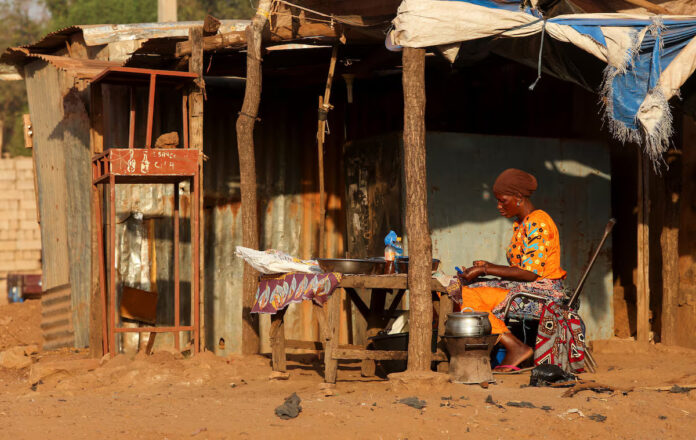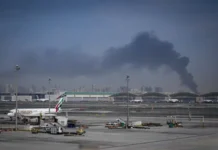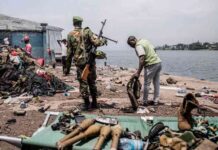
The African Union (AU) has called for urgent international cooperation to counter a worsening security crisis in Mali, where al Qaeda-linked militants have intensified attacks, imposed a fuel blockade, and kidnapped foreign nationals, deepening the country’s humanitarian emergency.
In a statement issued on Sunday, AU Commission Chairperson Mahmoud Ali Youssouf voiced “deep concern over the rapidly deteriorating security situation” in the West African nation.
He urged “enhanced cooperation, intelligence-sharing, and sustained support” to assist Mali and other Sahel countries battling violent extremist groups.
The jihadist group Jama’at Nusrat al-Islam wal-Muslimin (JNIM), active across the Sahel, has blocked fuel imports since September by ambushing tanker convoys.
The blockade has triggered severe fuel shortages, forcing schools, transport services, and businesses to close. The crisis has also raised fears that the group could attempt to seize control over parts of the country.
Western nations including the United States, France, Britain, and Italy have advised their citizens to leave Mali amid the escalating insecurity.
JNIM claimed responsibility on Monday for an attack on a military post in Soumpi, in northern Timbuktu, that reportedly killed 48 soldiers and wounded more than 100. The Malian army has not commented on the incident.
The group says it has killed hundreds of troops this year in assaults across Mali, Niger, and Burkina Faso, all of which are now ruled by military juntas that have distanced themselves from Western allies and turned to Russia for security assistance.
The AU suspended Mali following the 2021 coup that brought Colonel Assimi Goita to power. Since then, Mali, Niger, and Burkina Faso have withdrawn from the West African regional bloc ECOWAS, weakening collective regional security coordination.
JNIM has long used hostage-taking as a source of funding. Youssouf urged the immediate release of three Egyptian nationals recently abducted by the group. Last month, Reuters reported that two citizens of the United Arab Emirates were freed after a ransom of roughly $50 million was paid.
In the capital Bamako, schools reopened on Monday after a two-week suspension caused by the fuel shortage. However, large parts of the country remain cut off from essential supplies as insecurity worsens.
Analysts warn that without coordinated regional and international action, Mali’s security crisis could spiral further, undermining stability across the already fragile Sahel region.
Source: Reuters
Written By Rodney Mbua


















